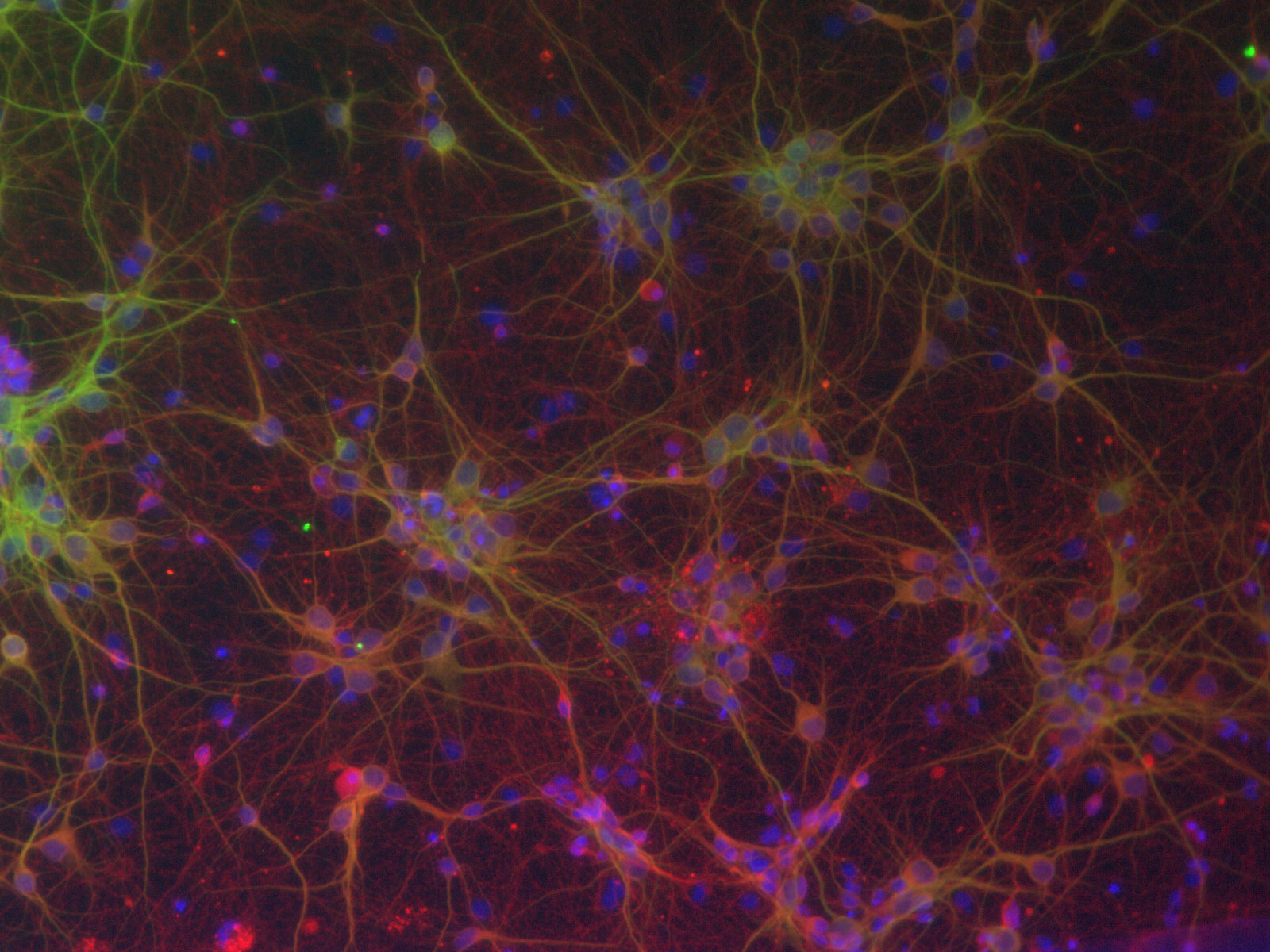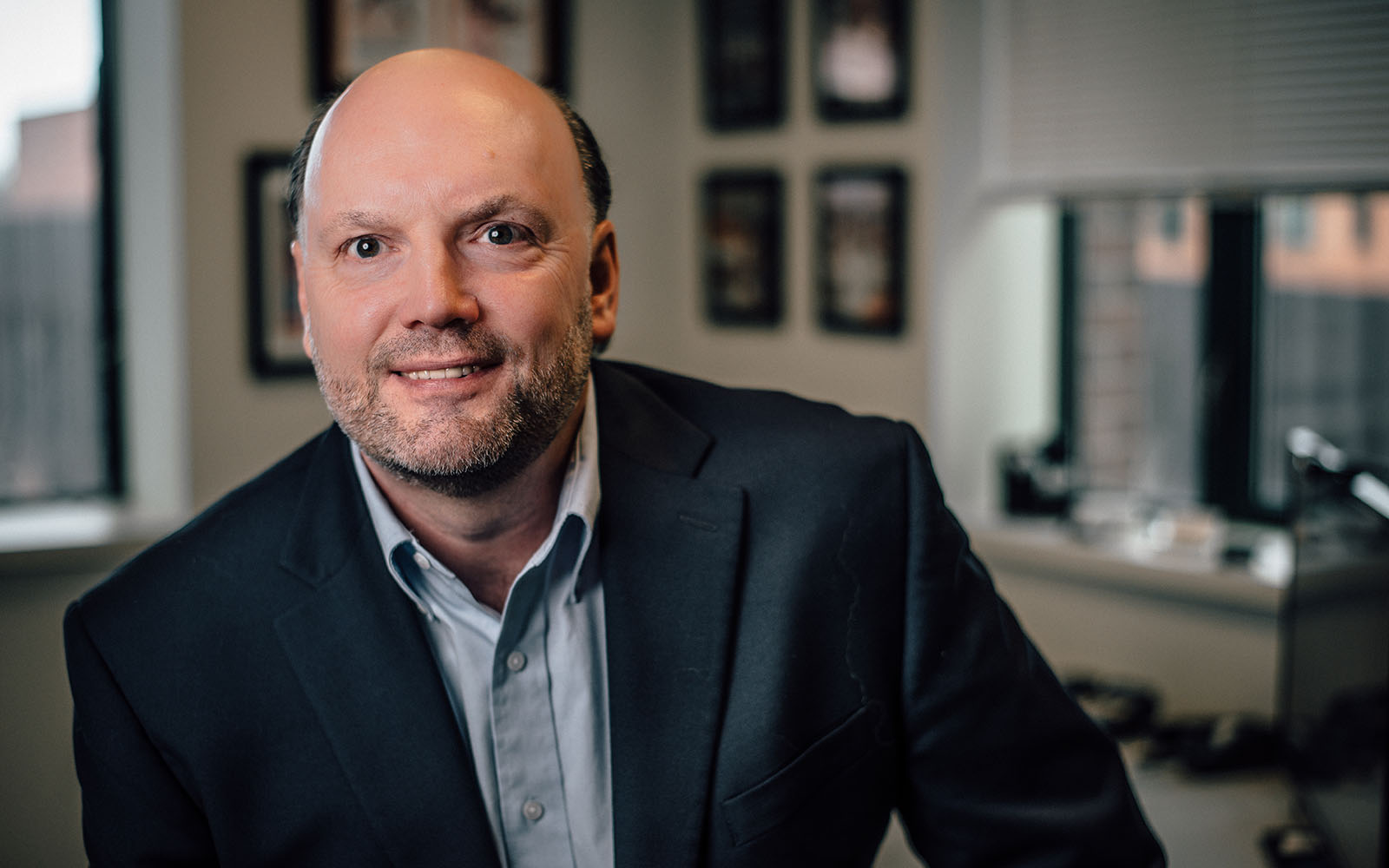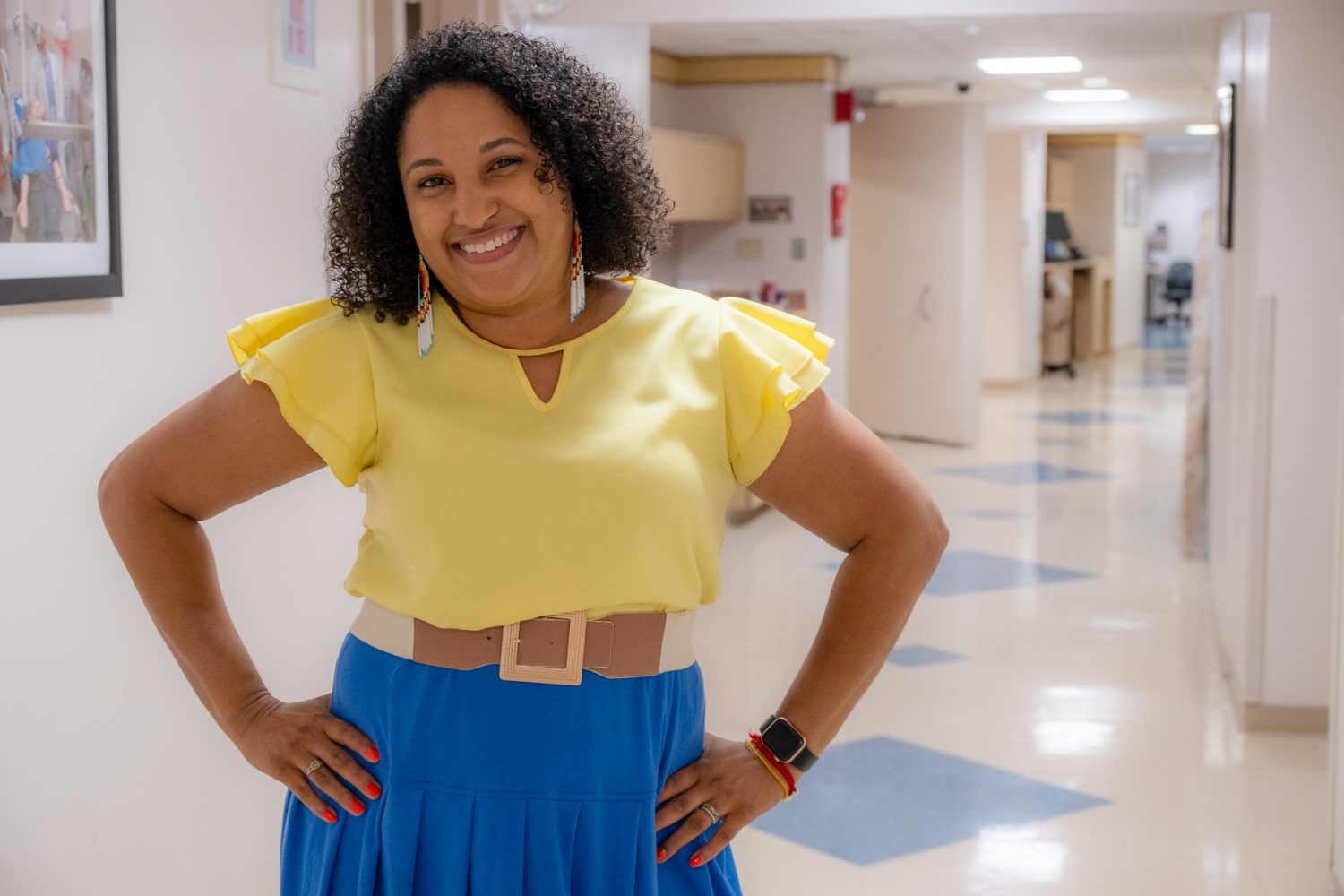Some of UConn’s best minds took a long, hard look at the brain at the Meet & Speak event on May 8 and 9.
The event was hosted by the Institute for Brain and Cognitive Studies (IBACS), and brought together UConn experts in neuroscience, cognition, psychology, linguistics, philosophy, speech and hearing, and kinesiology to share their work and spark collaborations.
CT IBACS was established in 2015 with a $1 million UConn Academic Vision grant to lay groundwork for future research and create a consortium with researchers from UConn, UConn Health, and beyond who are interested in interdisciplinary research related to the mind and brain. The mission is to encourage collaboration and dialogue between bench scientists in fields like neuroscience with researchers who look at the end result, like those in speech and language acquisition.
“The Connecticut Institute for Brain and Cognitive Sciences (IBACS) is a true point of pride for UConn,” says Radenka Maric, vice president for research. “As an engine for innovation, IBACS leverages research expertise in bioscience, biomedical engineering, neuroscience, psychology, and more to enable scientific discoveries that serve the citizens of Connecticut and beyond.”
The event featured 25 short talks on specific research projects by professors, postdocs and graduate students, as well as two keynotes on the genetics of auditory processing in mice and in humans by UConn professor of psychology Holly Fitch and Oxford Brookes University professor Dianne Newbury.
The event fostered conversations between researchers from different campuses and different specialties. One table at lunch found Storrs neuroscientist Akiko Nishiyama chatting with Min Tang Schomer, a UConn Health assistant professor of pediatrics and biomedical engineering with a joint appointment at The Jackson Laboratory for Genomic Medicine. Just before lunch, Tang-Schomer presented about her work coaxing neurons grown in the lab to align and fire in synchrony as if they were in a brain. On the other side of the table, systems engineer Sabato Santaniello discussed his work analyzing brain impulses to figure out where an epileptic seizure might begin with PNB graduate student Alexandria Battison from the LoTurco lab, who was mapping neocortical interneurons using a rainbow of cells. Earlier in the day, Ephraim Trakhtenberg from UConn Health neuroscience discussed how central nervous system axons regenerate—or don’t—and another UConn Health neuroscientist, David Martinelli, expounded on how nerves connect to hair cells in the spiral of the inner ear.
Close examination of the effects of sports injuries on the brain is a UConn specialty, and two presentations covered it from different angles: kinesiologist Adam Lepley looked at how changes in neuroplasticity after muscle injuries lead to motor impairments in elite athletes, and psychology graduate student Monica Ly showed how very difficult it is to identify concussions using imaging techniques to see subtle brain damage, even with diffusion tensor imaging.
Speech and consciousness also received a lot of attention at the event. Psychologist Ed Large spoke about pitch perception, Roeland Hancock discussed the genetic architecture of language processing, and Jim Magnuson showed how deep learning could shed insights on speech recognition, while Bernard Grela examined the differences between children and adults organizing vocabulary. IBACS director Gerry Altmann took the very broad view to discuss the science of understanding.
Researchers also discussed efforts to get more participants in studies by setting up experiments at the Connecticut Science Center (Lauren Powers, UConn Kids and Chris Heffner, Speech, Language and Hearing) and improving outreach and involvement by the deaf and autistic communities in research (Marie Coppola, Psychological Sciences).
IBACS holds the Meet & Speak event only once a year, but has many other events and opportunities for training, collaboration and grants. Any researcher involved in research on the brain or the mind is invited to contact the institute to learn more.



